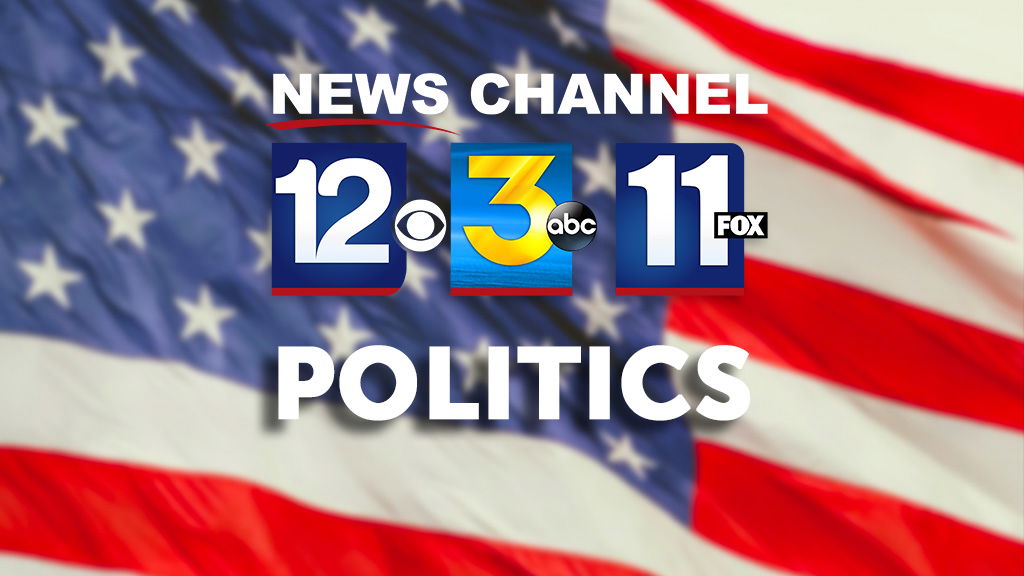Biden continues to push $15 federal minimum wage

President Joe Biden reaffirmed his support for raising the federal minimum wage — gradually — to $15 an hour at CNN’s town hall on Tuesday.
While he acknowledged that increasing the wage could squeeze some employers, he pointed to economists and studies that say the impact would be minor. Plus, the President argued, it would help those stuck at the minimum wage, which has been $7.25 an hour since 2009.
“No one should work 40 hours a week and live in poverty,” Biden said. “But it’s totally legitimate for small business owners to be concerned.”
The controversial measure, which was included in his $1.9 trillion stimulus proposal last month, is part of the package working its way through the House. The legislation, which could be voted on as soon as next week, calls for hiking the hourly wage in stages until it hits $15 in 2025.
However, the effort is likely to encounter hurdles in the Senate, where two Democratic senators have already voiced opposition to it. That may ultimately doom the provision since Democrats can’t afford to lose any votes, assuming no Republicans support it. Democratic leaders are looking to pass the entire package through a procedure called reconciliation, which requires only a simple majority.
Nevertheless, independent Sen. Bernie Sanders of Vermont, chair of the Senate Budget Committee, is committed to including it in the package.
Raising the minimum wage to $15 would reduce the number of people in poverty by 900,000 and increase the pay of about 27 million workers, according to a Congressional Budget Office report released last week. But it would also cut employment by 1.4 million workers and increase the federal budget deficit by $54 billion over a decade.
Longstanding debate
The CBO report reignited a long-standing conflict over the impact of increasing the wage. Democrats and worker advocates say that paying people a higher wage will have a positive impact on their lives, the federal budget and the economy. But Republicans and business owners warn that such a move will cost jobs.
One recent study by the National Bureau of Economic Research concluded that 80% of economic research over the last 30 years had found job losses associated with a higher minimum wage. The evidence of a negative impact is stronger for teens and young adults, as well as the less-educated.
A wage increase this large would have a greater effect than the modest increases looked at by those past studies, said David Neumark, an economics professor at the University of California Irvine who’s one of the recent report’s authors. In some low-wage states, more than half of workers now make less than $15 an hour.
But proponents argue that better-quality studies tend to show that increases in the minimum wage do not hurt employment. The CBO did not properly weight the higher-quality studies in its analysis, said Heidi Shierholz, senior economist at the left-leaning Economic Policy Institute.
The so-called Fight for $15 dates back to 2012, when fast-food workers walked off the job in New York City to call attention to their battle for higher pay.
Backed heavily by unions and consumer advocates, the effort has succeeded in eight states and more than 40 cities, which have adopted laws to raise their minimum wages to $15.
A growing number of companies, including Amazon and Target, agreed to lift their minimum wages to that level in recent years as unemployment fell to historic lows — before the pandemic struck.
